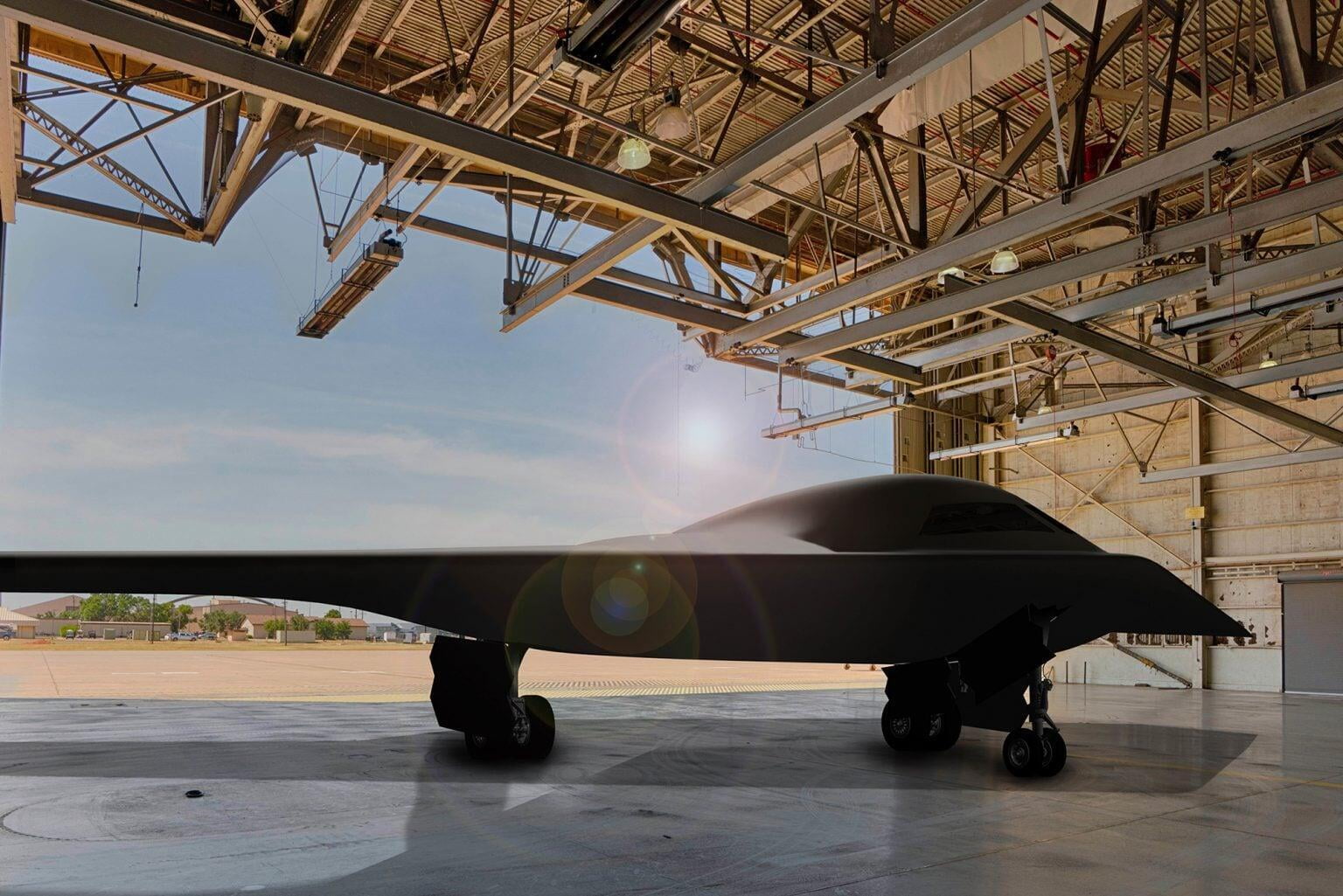WBI's Open Innovation Challenge Provides Revamped Training Model for B-21 Crews
23.02.22 08:27 PM By Jennie Hempstead

In late summer 2020, Wright Brothers Institute was put to work on an issue identified by the Air Force Global Strike Command (AFGSC). Training practices for B-21 bomber pilot and maintainer crews had not kept up with technology, creating a bottleneck in keeping the fleet properly manned and trained. The training was, put simply, outdated, creating a major barrier to keeping today’s fleet in fighting shape.
WBI went to work analyzing the issue, determining critical areas in which to focus the path to a solution. The research identified the following as the most critical areas of focus:
- The need for personalization and empowerment of all participants
- Enabling personalized metrics of learning to track individual proficiency
- Transition from time- to proficiency-based training
- Hands-on experience with leading and Air Force-relevant technologies
- Unlimited access to equipment, data, instructors, Subject Matter Experts
- Align metrics of success for all levels across the training enterprise
- Acknowledge and exploit the role of AI, which has proved its impact for learner-centric personalization and is potentially critical for improving XR (an umbrella technology term covering the full spectrum of real and virtual environments) for training
- Design an agile response to disruptive trends on training: a more strategic role for pilots and maintainers (tactical v. strategic)
WBI began by journey mapping the experiences of personnel involved in B-21 training. Collecting first-hand experiences gave those involved a greater understanding of the challenge scope and broadened their knowledge of the current training enterprise.
Armed with these insights, WBI designed the B-21 Training Innovation Challenge after identifying best-in-class technologies. Of the technologies identified, 73 submitted rudimentary solutions; of those 73, 69 were assessed and 13 invited to proceed to the Demonstration Event, held in June 2021. The submissions were assessed by a variety of interested parties, including SME, pilots and maintainers.
Dynepic Inc., a woman- and veteran-founded business based in Reno/Tahoe, Nevada, came out on top. The company’s “Member Operations. Training. Analytics. Reports. (MOTAR)” program was selected for a $6.6 million sole source Phase III contract.
In a separate Emerging Capabilities Challenge, Discovery Machine’s MUSIC Ai Platform (MAP) earned the highest score by the panel of experts.
The Global Strike program was valuable not only because of the positive outcome, but because of valuable lessons learned via Journey Mapping and the insights gleaned from the Opportunity Prioritization Workshop. Among the workshop lessons learned: “Emotions matter in personalized learning;” and “Both pilots and maintainers have an expectation of high-quality training associated with significant time commitments on their part. Training methodologies should keep pace.”
As the Global Strike effort came to a close, WBI was engaged for two separate but related projects: 1.) Develop, promote and participate in the evaluation of an advanced training challenge for three different aircraft; and 2) develop and promote new technology for the B-21 bomber for long-range systems utilizing unmanned aircraft.
